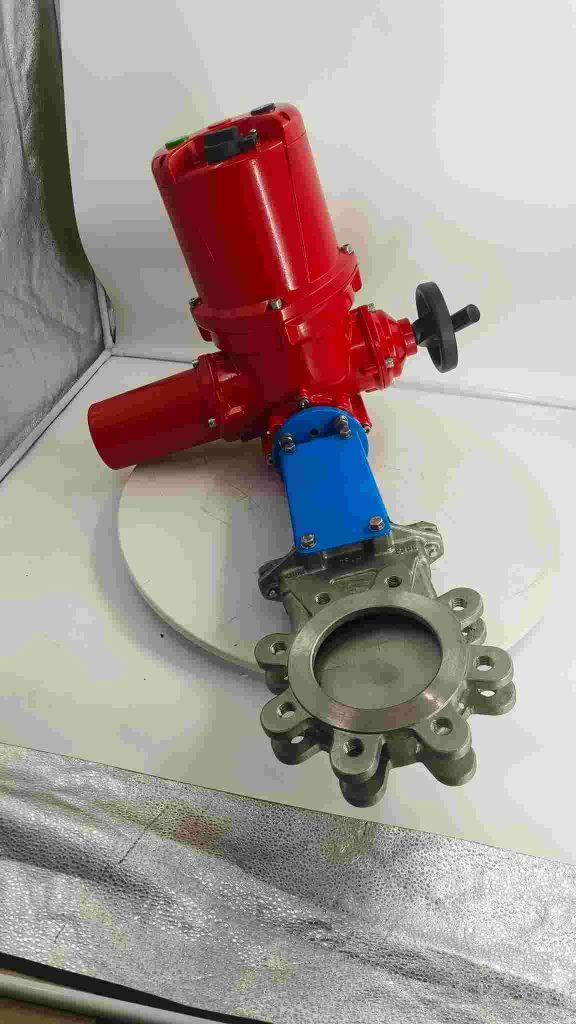In recent years, the world has witnessed a growing demand for clean and sustainable energy sources to reduce the adverse environmental effects of traditional fossil fuels. Among the many emerging technologies, hydrogen energy has garnered attention due to its potential to provide a clean, efficient, and renewable source of power. One crucial component in hydrogen energy systems is the hydrogen energy electric gate valve, an essential device that plays a pivotal role in the safe and efficient transportation and regulation of hydrogen gas. This article will explore the importance of hydrogen energy electric gate valves, their functionality, and their contributions to the future of hydrogen energy systems.

What is a Hydrogen Energy Electric Gate Valve?

A hydrogen energy electric gate valve is a specialized valve designed to control the flow of hydrogen gas within pipelines, storage systems, and other components of a hydrogen energy infrastructure. The valve typically consists of a gate, an actuator, and an electric motor that operates the gate’s opening and closing mechanism. These valves are used to regulate the flow of hydrogen gas in various applications, including fuel cells, hydrogen storage, and transportation. Hydrogen is a highly flammable and reactive gas, which makes safety a significant concern in its handling. The hydrogen energy electric gate valve is designed to meet stringent safety standards to prevent leaks and ensure the safe transportation and storage of hydrogen. These valves are commonly employed in hydrogen production plants, distribution networks, and refueling stations for hydrogen-powered vehicles.

Leave a Reply
You must be logged in to post a comment.